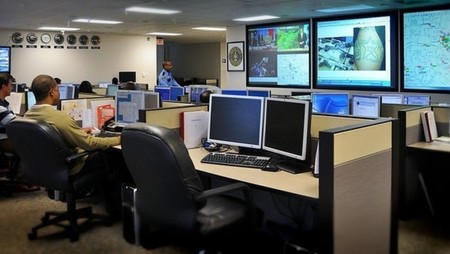Fabulous Tips About How To Become A Crime Analyst

They may vary from department to department but as a minimum include the following:
How to become a crime analyst. Many crime lab analyst positions require at. To become a crime analyst, you will need to pursue a bachelor’s degree. Here is one of the most common courses:
To become a crime scene analyst, you must have at least a bachelor degree in crime scene investigation or forensic science. How to become a crime lab analyst. It can be a dangerous and exhilarating experience to be a crime analyst.
A crime scene investigator will receive evidence samples from a crime scene — photos of tire marks, hair and tissue samples, traces of chemicals found, soil samples, photographs and. Additionally, crime analyst often requires prior experience working in or closely with law enforecement. To learn how to become a crime analyst, follow these steps:
May require a bachelor's degree or. Here are six steps you can follow to begin a crime lab analyst career: You may find that experience in other jobs.
This guide provides information about what crime analysts do, requirements for the position, and the career outlook for crime analysts. Graduate from high school (four. Most employers will want candidates who have a college degree, and preferably other, related work experience.
To qualify for this position, applicants will need a bachelor's degree in criminal justice, social sciences, or a related discipline. Specific requirements for crime analysts can vary by state and even by department. Even though most crime laboratory analysts have a college degree, it's possible to become one with only a high school degree or ged.
/crime-analyst-career-profile-974846-Final-ec891c84ac6e430ab49b71c99bbfa928.png)


.jpg)









:max_bytes(150000):strip_icc():saturation(0.2):brightness(10):contrast(5)/GettyImages-507030053-578a71485f9b584d20c7c1f0.jpg)




